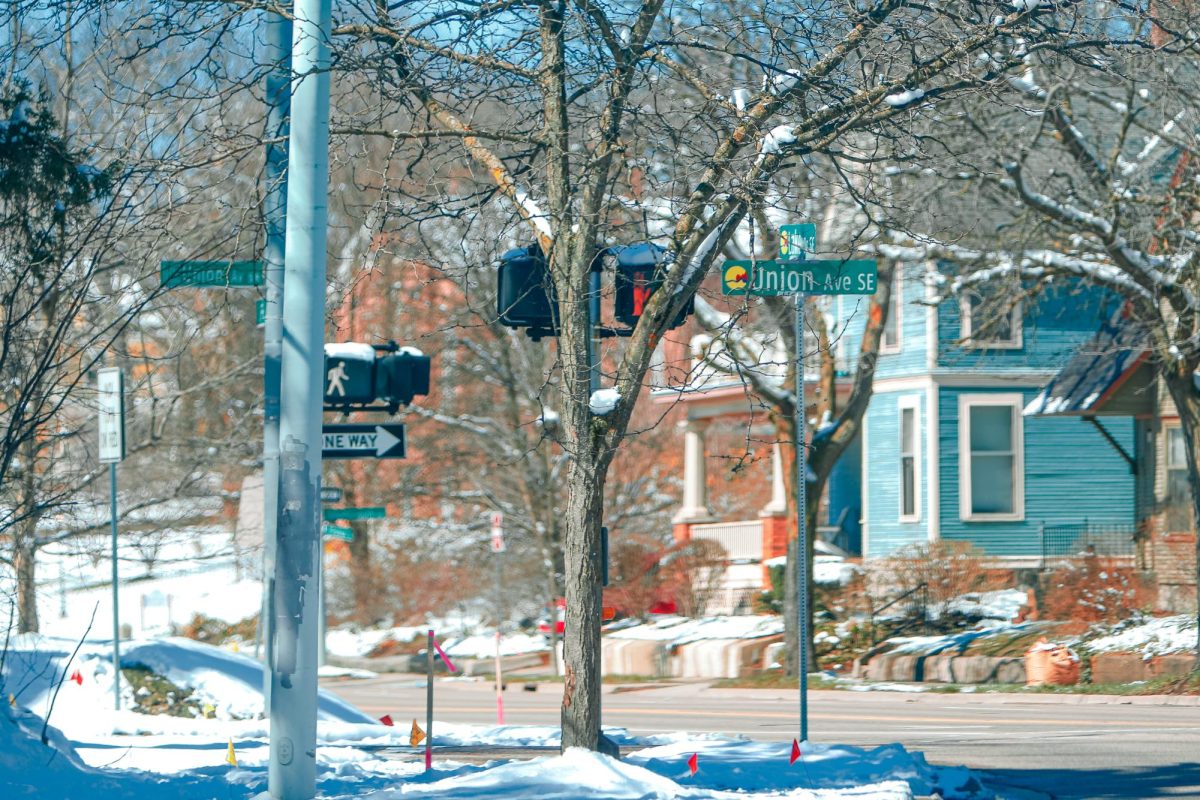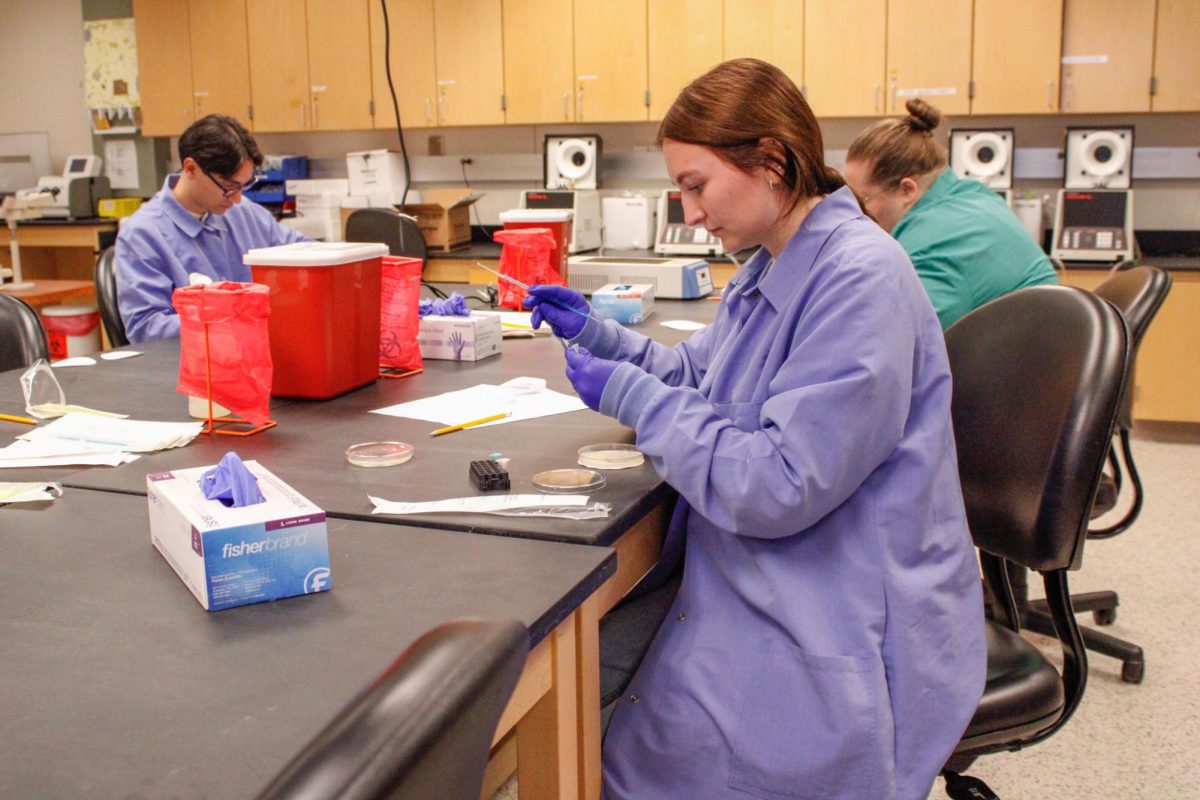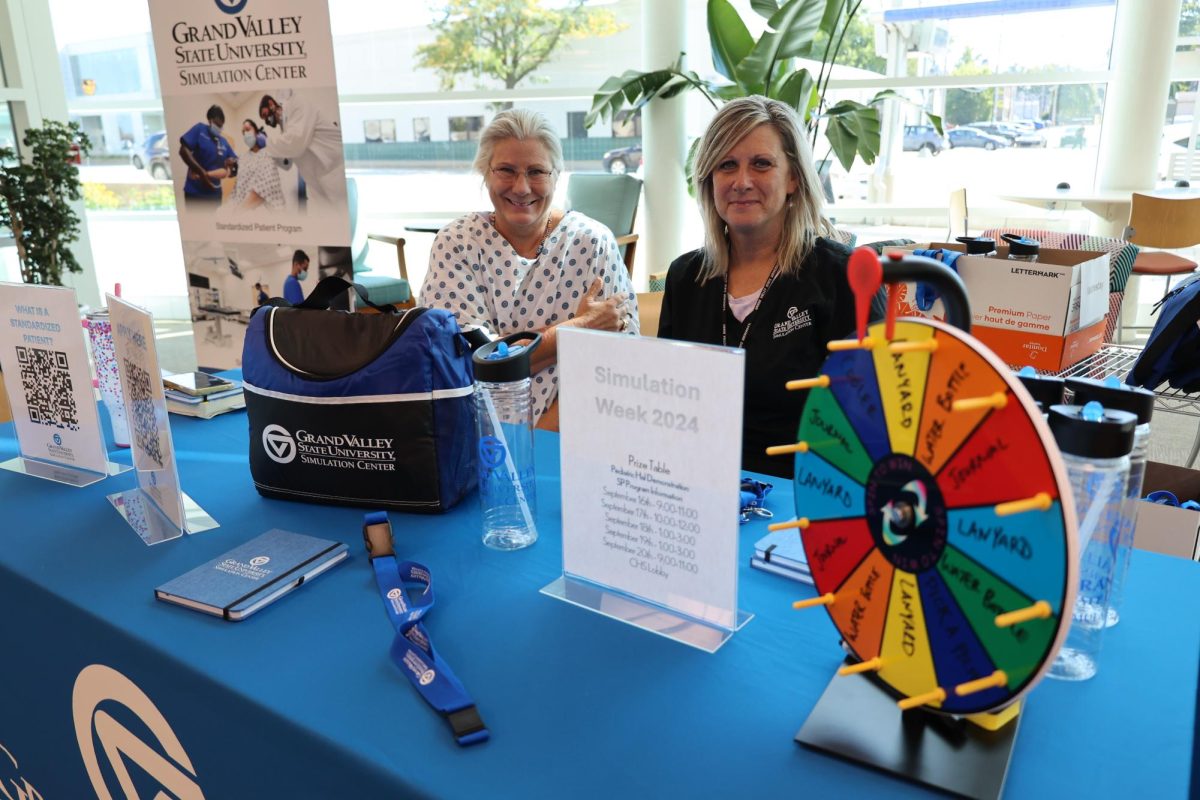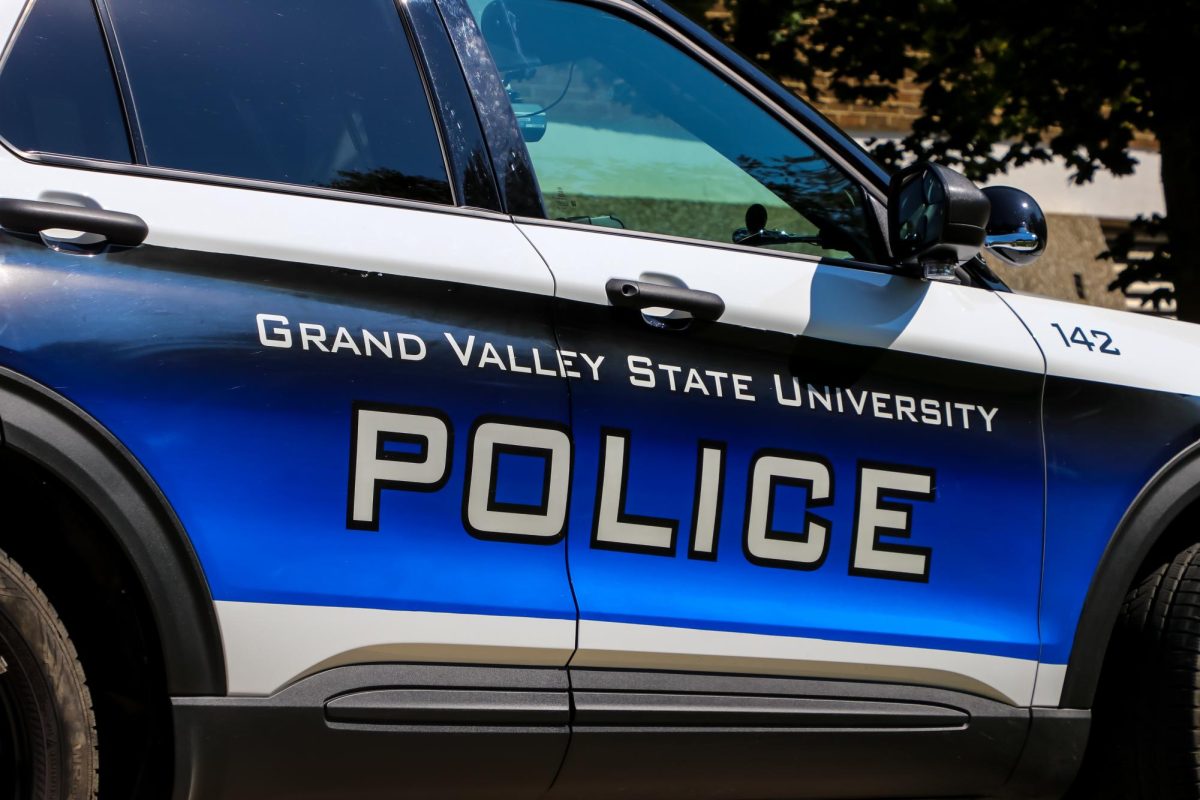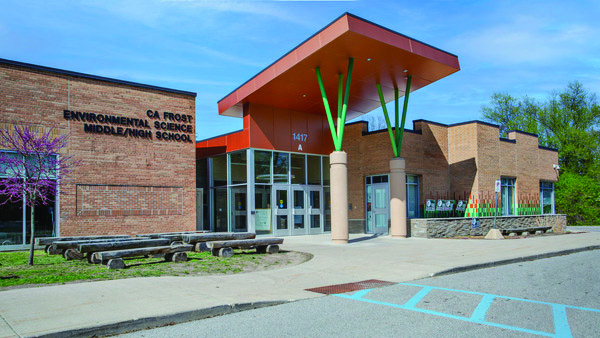On Sunday, March 17, many Grand Rapids residents were alerted their tap water was no longer safe to drink and were instructed to boil their water before consuming it.
The City of Grand Rapids posted the alert on X, formerly known as Twitter, urging downtown residents to boil their water while crews worked to flush out the system. The cause of the boil water alert was a water main breakage in the area between Leonard Street and Union Avenue, which led to a drop in the system pressure.
As of now, it is unknown what may have caused the break in the water main. As a result of the water advisory, many businesses and schools were negatively impacted– some were even forced to temporarily close.
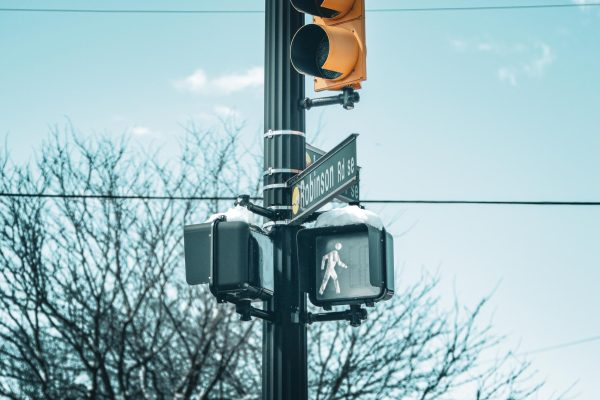
“As someone who works in the field of water resources, I obviously have a deep appreciation and passion for this critical natural resource,” said Alan Steinman, a professor from Grand Valley State University’s Robert B. Annis Water Resources Institute. “In Michigan, where we are touched by four of the five Great Lakes, we sometimes become complacent about water because it appears to be both abundant and limitless, but circumstances such as the water main breakage in Grand Rapids show this is not the case.”
When the pressure drops, harmful bacteria can enter the water system. To kill off any bacteria, it is recommended to boil potentially contaminated water for at least two minutes. Boiled water can be used for drinking, making ice, brushing teeth, washing dishes, cooking and cleaning. However, the advisory said flushing the toilet and showering does not require water to be boiled beforehand.
“The Grand Rapids Water Department does regular maintenance and upkeep across the entire system, but despite that, water main breaks occur from time to time in all water systems across the country. While no two situations are the same, normally these breaks cause little to no disruption in service,” said David Green, the City of Grand Rapids communications director. “In this instance, the type and location of the water line affected one of our pumping stations a little further down the line, which led to a more widespread disruption.”
City leaders informed WOOD-TV that the break had been fixed on Monday, March 18, though tests to confirm that the water was safe to drink were still ongoing. Throughout the week, bottled water supplied by SpartanNash, the City of Grand Rapids and some local businesses were distributed at 1635 Leonard Street. The line of people waiting for drinkable water extended all the way from the Leonard Street parking lot across the East Beltline. The main areas affected by the water contamination were East of US 131 and North of Hall Street.
The City of Grand Rapids provided a map of the affected areas and updated residents online throughout the week. On Wednesday, the boil water advisory was lifted after the system had been flushed and the water was confirmed to be safe to drink.
“I don’t want to speak for our residents or customers, but I think it is safe to say it was certainly a disruption,” Green said. “While we were able to restore full water pressure, and all customers had access to running water within a few hours of the initial event, the boil water period that followed impacted the daily lives of schools, businesses and residents who needed to take additional precautions while we worked through the state and federal testing requirements to ensure the water was safe to consume.”
Restaurants and cafes that serve water or water-based products like coffee had to limit beverage items on their menus. Outside Coffee Company, a cafe partnered with Woosah Outfitters, made a Facebook post announcing that it would be closed until further notice due to the break in the water main. Some local businesses were financially impacted, having to buy large sums of bottled water or receiving fewer customers due to limited menu items.
According to MLive, the owner of Lantern Coffee Bar and Lounge, Jon Bailey, said in an interview that his business receives 50 to 70 orders on a typical Monday morning; however, due to the water contamination, he only received 12. Some of the downtown businesses that were affected include Bagel Beanery, The Omelette Shoppe and Bakery, Grand Coney, Rockwell Republic, Sundance Bar & Grill and breakfast diner Real Food Cafe.
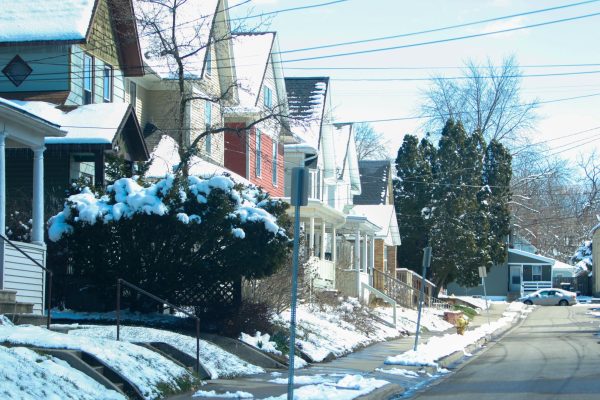
Many downtown schools also felt the impact of the water main break. All Grand Rapids Public Schools (GRPS) were closed on Tuesday due to safety concerns for the students. The water advisory affected 22 GRPS buildings, including the district nutrition services headquarters, which serves lunch to over 14,000 students. According to an announcement from GRPS, bottled water was made available to the affected schools once they reopened. Until then, drinking fountains remained shut off and food was prepared using bottled water.
“Canceling school for any reason is always a challenging decision. The health, safety and well-being of our scholars must be at the forefront of our planning,” said GRPS Superintendent Dr. Leadriane Roby.
The boil water advisory highlights how Michigan’s natural resources could help in similar situations.
“Indeed, there are a number of regions within Michigan where groundwater withdrawals have resulted in shortages and conflicts,” Steinman said. “Hence, it is incumbent on all of us to treat water as a precious resource, which requires wise and sustainable use not only for today’s generation, but for future generations, as well.”




